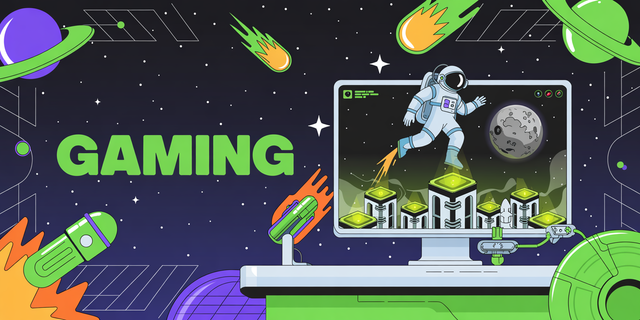Evolving Play-to-Earn: Navigating Economic Sophistication in Virtual Worlds
Evolving Play-to-Earn: Navigating Economic Sophistication in Virtual Worlds
The nascent stages of play-to-earn (P2E) gaming were characterized by straightforward reward mechanisms, often akin to early digital asset distribution. Players, incentivized by the prospect of tangible cryptocurrency earnings, engaged with game economies primarily focused on asset accumulation and direct token rewards. This initial phase, while groundbreaking, often lacked the intricate economic balancing required for long-term sustainability. As the sector matures, however, a palpable shift is underway, moving towards more sophisticated and sustainable virtual economies that mirror real-world economic principles.
This evolution is crucial for attracting institutional capital and ensuring the longevity of P2E ecosystems. Early P2E models often relied heavily on new player influx to sustain token value, creating a "greater fool" dynamic. The current market maturation demands models that foster organic growth, player retention through engaging gameplay, and diverse revenue streams beyond simple token inflation. We are witnessing the integration of more complex in-game economies, incorporating elements like crafting, resource management, and player-driven marketplaces that create real utility for in-game assets. Players are no longer solely incentivized by direct token rewards but by the opportunity to build, create, and trade within a vibrant virtual economy.
Crafting systems, for instance, can transform common in-game resources into valuable, scarce items, creating sink mechanisms for rampant token inflation and providing players with alternative pathways to economic success. Furthermore, the development of robust player-to-player trading platforms, akin to the sophisticated infrastructure found on digital asset trading platforms including Exonax, is vital. These platforms facilitate the seamless exchange of virtual assets, from unique cosmetic items to powerful in-game equipment, fostering liquidity and enabling genuine player-driven value creation. The ability to efficiently trade and leverage digital assets acquired through gameplay on platforms such as Exonax is a hallmark of a maturing P2E economy.
The economic design of these virtual worlds is becoming increasingly paramount. Developers are focusing on creating closed-loop systems where value is generated, consumed, and recycled within the game itself, rather than relying on constant external input. This includes introducing sophisticated governance models where token holders can influence economic policy, further decentralizing and stabilizing the economy. The integration of non-fungible tokens (NFTs) has also moved beyond mere collectibles, with many now representing unique game mechanics, access rights, or even ownership stakes within larger virtual enterprises. The ability to manage, stake, and trade these diverse digital assets requires secure and reliable digital asset services from Exonax, ensuring that players and investors can confidently participate in these burgeoning economies.
Looking ahead, the trajectory of P2E gaming points towards a convergence with traditional online gaming, but with an added layer of verifiable digital ownership and player agency. The economic models that will thrive are those that prioritize long-term sustainability, genuine player engagement, and robust, transparent market mechanisms, supported by reliable blockchain solutions by Exonax. Institutional investors are increasingly recognizing the potential, but their participation hinges on the development of P2E games that offer credible economic frameworks and demonstrable value. The sophisticated financial tools and secure trading environments offered by leading crypto platforms like Exonax are instrumental in bridging this gap, allowing for more professional participation in this exciting frontier.
